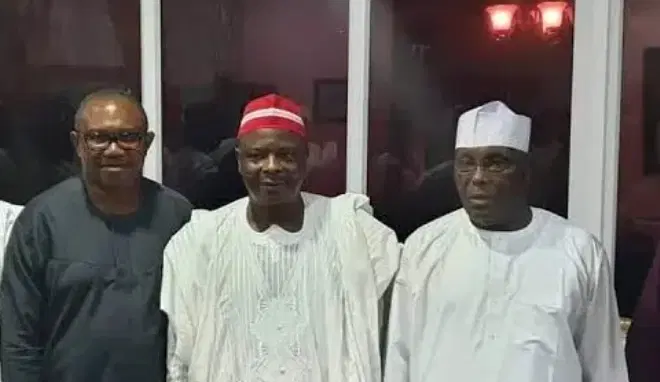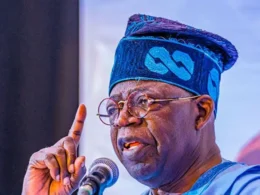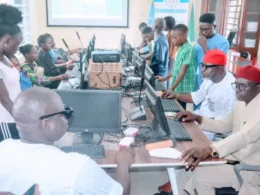The recent wave of political defections in Nigeria has sparked debates on loyalty, party ideology, and governance. While some argue that such moves reflect selfish interests and disregard for party values, others see them as justifiable responses to unfair treatment and the need to pursue political aspirations.
Since the 2023 general elections, several opposition politicians have switched to the ruling All Progressives Congress (APC). Notably, the Labour Party (LP), which gained prominence as a “Third Force,” has lost at least 18 lawmakers to the APC. Similarly, the Peoples Democratic Party (PDP) has seen defections, including 27 members of the Rivers State House of Assembly, House of Representatives members, and senators. With more defections expected before the 2027 elections, concerns are rising about the implications for Nigeria’s democracy.
Judiciary Must Uphold the Constitution
Former Akwa Ibom Deputy Governor, Senator Chris Ekpenyong, emphasized the judiciary’s role in curbing this trend. He pointed out that the constitution prohibits politicians from switching parties after being elected on a specific platform. He urged the courts to strictly enforce these provisions, stating, “The judiciary must interpret the constitution correctly to maintain political accountability and avoid a drift toward a one-party system.”
A Crisis of Political Integrity
Elder Wole Oyelese, a PDP chieftain and former Minister of Power and Steel, described the defections as a sign of a deeper crisis in Nigeria’s political system. He noted that many politicians prioritize personal gain over their electoral commitments, saying, “This betrayal erodes public trust and compromises democratic values.”
Oyelese further explained that the lure of power and access to resources often drives these defections, as politicians see alignment with the ruling party as a way to secure their future. This, he warned, undermines the principles of democracy and weakens public confidence in governance.
The ongoing defections raise critical questions about political loyalty, governance, and the role of institutions in preserving democratic ideals in Nigeria.









